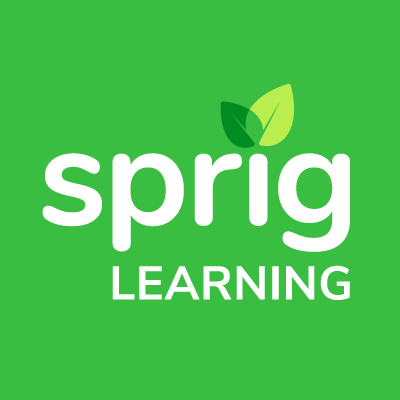The Department of Education in Yukon introduced changes to its curriculum, which include:
- more hands-on learning opportunities for students;
- more personalized learning opportunities based on student interests;
- Yukon First Nations ways of knowing, doing and being integrated into the curriculum in all subjects and grade levels.
Every community that has their own history is finding it important to reflect their own educational material in their schools. Yukon is no different as it pertains to the Indigenous community.
There are many terms that increase equity in early childhood education, and cultural competence is one of them. It dovetails nicely with holistic education which seeks to personalize learning and provide more hands-on culturally responsive activities for students.
2023-2024 Education Budget Announcement
The Yukon Department of Education is appropriating over $4.8 million for student support services and technology for the new school year.
To address poor student outcomes,especially among Indigenous and rural students, Yukon’s education department will complete an updated student outcome strategy for the 2023-24 school year.
According to the report by the Auditor General, it is recommended that a comprehensive evaluation of inclusive education be conducted to assess the effectiveness of the current system. Furthermore, the report suggests giving priority to special assessments.
Holistic Early Learning
Yukon has a Kindergarten to Grade 12 Education Recovery Plan that calls to support the development of the whole child. Learning is prioritized in the areas of literacy, numeracy and socio-emotional development.
It is recommended that technology be leveraged for student success. There is a continued focus on differentiated instruction and scaffolding to teach students.
Collaboration among students, educators, parents, Indigenous communities and the community is favoured. There is a nod towards using formative assessment practices to accelerate student achievement and to help inform instructional decisions.
For K-3 students, it is recommended each student be provided with an assessment to understand benchmark reading levels within the first two weeks of school.
Mandatory kindergarten?
No
Early Childhood Education Announcement
As part of the Canada-Yukon Canada-Wide Early Learning and Child Care Agreement, Cultural Enhancement Funding of $800,000 will be provided in the next two years to develop enhanced, culturally rich, early learning programs and environments.
There will be a focus on experiential learning opportunities and educational materials to support culturally responsive programming.
Early kindergarten programs will be enhanced in rural communities, which will provide children with opportunities to engage in developmentally appropriate, play-based curriculum for longer periods, over two years. Such a long ramp to kindergarten builds a deeper understanding and development of solid foundational skills to prepare for Grade 1.
